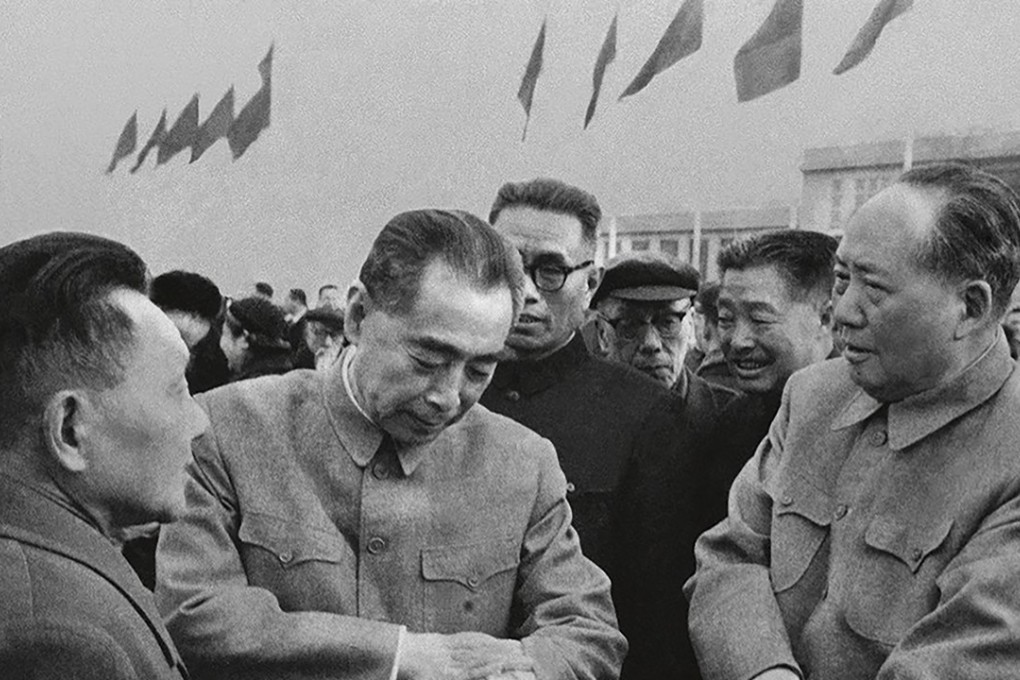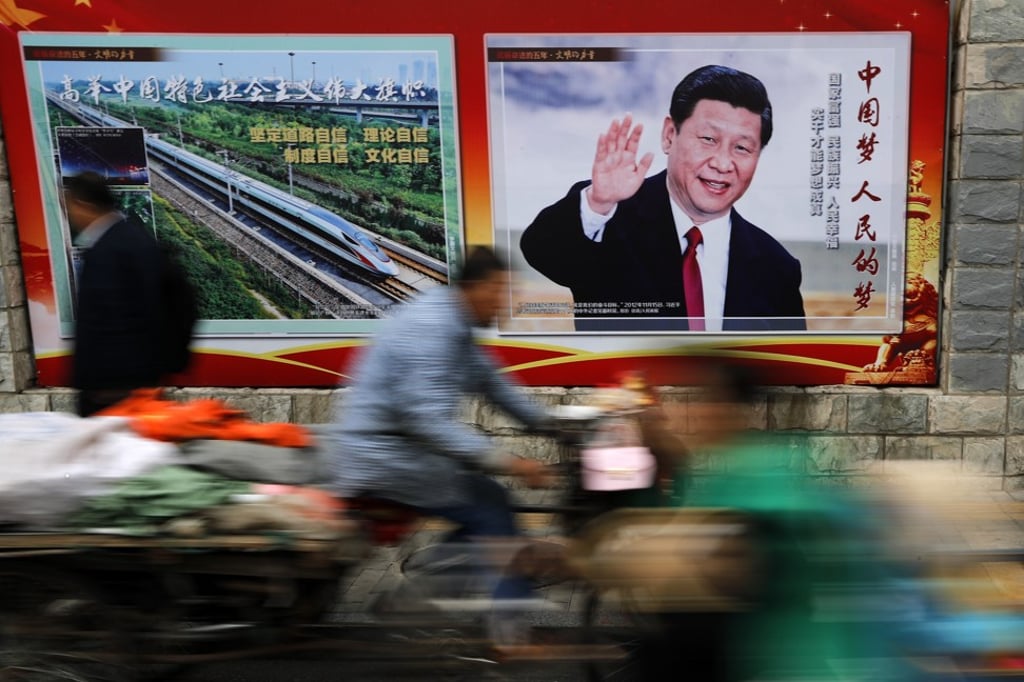Asia’s record shows rulers can outperform democrats, but what if they get the wrong ideas?
The inconvenient truth is that most of Asia’s economic miracles were nurtured by authoritarian regimes. But the problem with autocrats is they become the sole decision-makers, so if they listen to the wrong people, things can go awry

Ever since China’s Communist Party revealed that it would scrap term limits on the presidency -- meaning the post’s current occupant, Xi Jinping, can now serve for life -- there has been much hand-wringing over what one-man rule could mean for the Chinese economy.
Autocracies, we’re told, never end well, leaving economists and the business community concerned that the reforms the economy requires to return to solid footing, already slow in coming, may never be implemented.
There’s cause for worry. While authoritarian regimes can show brief flashes of brilliance (remember Sputnik), they’ve proven again and again incapable of sustaining the creativity and innovation necessary for long-term economic success. Ideologically, we tend to believe that economic progress and democracy go hand in hand, and with good reason. Of the world’s 10 largest economies, only one, China, isn’t democratic.

That roster, of course, includes China. Despite all the fuss over Xi’s power grab, China’s rise to economic greatness took place entirely under authoritarian regimes (remember Tiananmen), albeit ones premised on cooperation among major leaders and factions.
